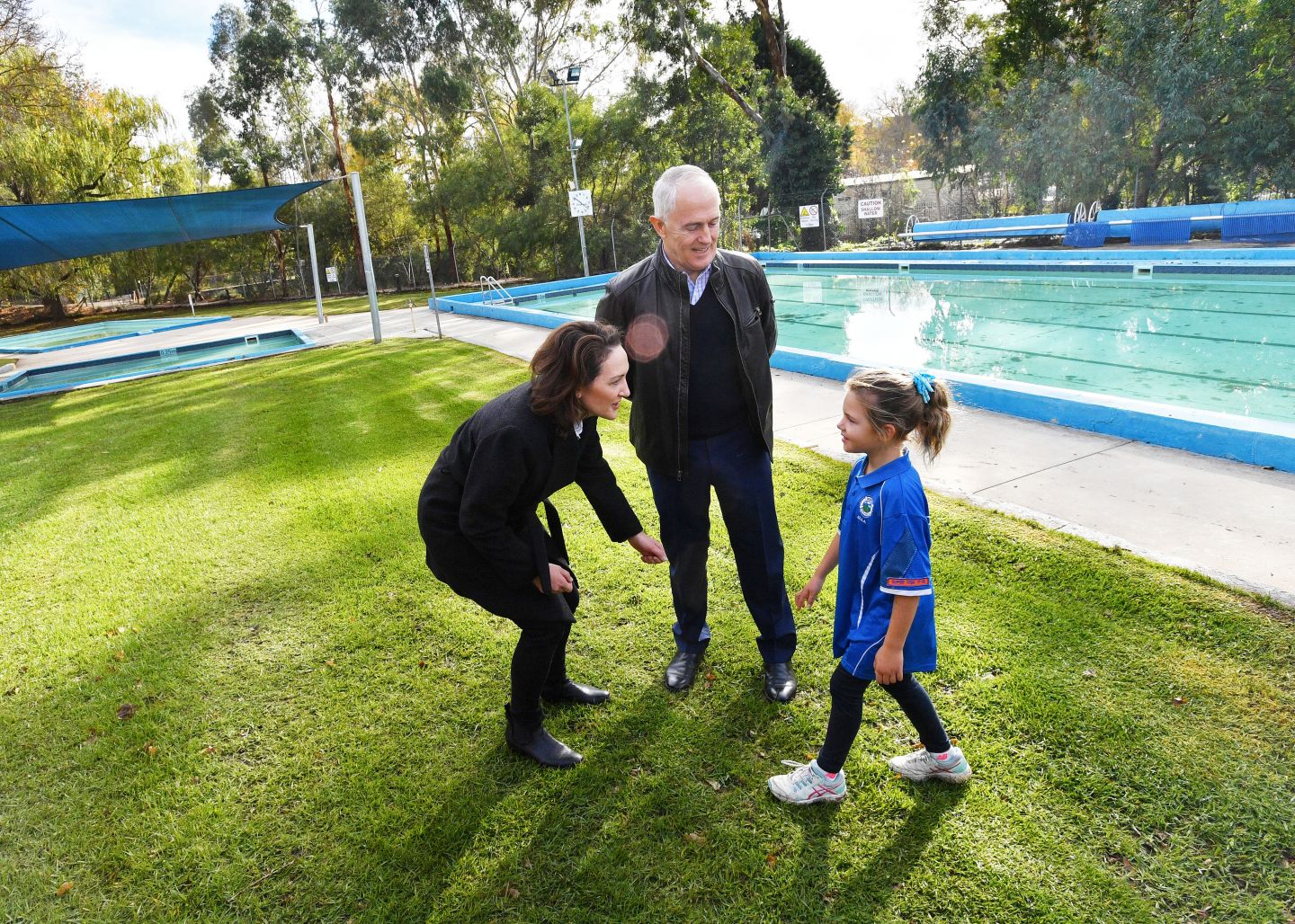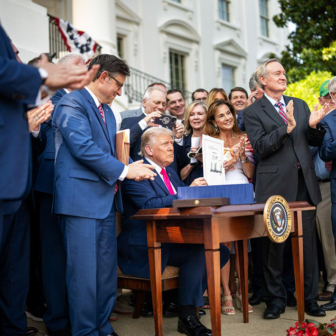Saturday 19 March 1988, a little over thirty years ago, was dubbed “Super Saturday” by many in the media. It was a watershed moment in Australian politics that left the Hawke government reeling. Or so it seemed at the time.
In New South Wales, an 8 per cent swing saw a twelve-year-old Labor government crushed. Brisbane’s lord mayoral election also saw a big swing against Labor, and there were similar shifts in two WA state by-elections and one in Victoria. The previous month the federal government had lost Adelaide with an 8 per cent by-election swing.
As the Victorian Labor premier John Cain conceded, “The Labor Party right across Australia is not the flavour of the month for a whole range of reasons.”
Federal opposition leader John Howard was jubilant, and Liberal president John Elliot proclaimed his party to be on its way to government (although the next election was not due for two years).
Prime minister Bob Hawke was contrite (by his own standards), acknowledging that “when Labor has a setback, obviously as leader, as national leader, I’ve got to accept some responsibility.” There would be “processes of examination” and “if there are things that the party has to do differently, well, so be it.” And possibly most painful to utter: “If there are differences of emphasis in my approach, so be it.”
More “wins” were in store for Howard that year: an 11 per cent swing in the Port Adelaide by-election a week later and a (collectively) record-sized rejection of four constitutional referendums. Yet in May 1989 he was replaced as opposition leader. And Labor went on to win two more federal elections.
The whole sequence demonstrated two popular fallacies in Australian politics: that state (and in this case local) government election results portend federal ones, and that by-elections are indicators of governments’ fortunes.
This year’s Super Saturday, in four weeks’ time, will consist of five federal by-elections, two of which (both in Western Australia) the Liberals aren’t contesting. In Mayo, South Australia, the Centre Alliance’s Rebekha Sharkie appears home and hosed.
That leaves Longman, in Queensland, and Braddon, in Tasmania, both held by Labor, in each case with MPs who fell foul of section 44 of the Constitution recontesting. Brisbane’s Courier-Mail is pulling out all stops for Longman’s Liberal candidate Trevor Ruthenberg, taking a leaf out of sister publication the Australian’s recent Newspoll with a dreadfully constructed ReachTEL poll about the government’s company tax cuts.
The same poll had Ruthenberg ahead of Labor’s Susan Lamb in voting intentions 51–49 after preferences. The paper, and hence the rest of the media, is reporting this as the seat ebbing away from Labor. (Another political class conceit: that electoral expectations, once created, become self-fulfilling.)
If Mayo looked at all competitive we could call that contest extremely important, because once an otherwise safe major-party electorate is in the grasp of a third party it can be extremely difficult to shift back. (By contrast, losing Mayo to Labor next month would barely be a flesh wound, because it would return to the Liberals at the next general election.)
In practical terms, Longman and Braddon don’t matter much. A Liberal win in either would, with the benefits of incumbency, slightly increase their chances of holding them at the next election. And another seat, or even two, would make life a bit more comfortable in the lower house for the Turnbull government, rendering the Dawson MP George Christensen’s tantrums more ignorable.
But the stakes are high for the major-party leaders in these by-elections. Why? Because that’s how those votes are being seen, in the political media and within the parties — and that makes it so.
A Liberal win in either would be splendid for Malcolm Turnbull. Even swings to the Liberals, or only modest ones to Labor (or a combination of the two) would be “good” for Malcolm and “bad” for Bill Shorten. This will affect each man’s job security.
The Liberal right-wingers and their media chums barely need an excuse to lob grenades at Turnbull. He is lucky that the only viable replacement in terms of public popularity, foreign minister Julie Bishop, is loathed by the conservatives almost as much as he is.
On the other side, Shorten has Anthony Albanese breathing down his neck. The senior shadow cabinet minister, while attracting roughly the same support as his boss in “preferred Labor leader” surveys, is not in the Bishop pulling-power stakes. And while those pesky leadership rules Kevin Rudd put in place in 2013 can be undone with a caucus vote, that would be extremely messy and require much fancy rhetorical footwork.
[Update: Phil Coorey in the AFR explains what I should have known: while caucus can change the mechanism that leads to a leadership vote, the “second key component, about there having to be a month-long ballot process if there is more than one contestant, is enshrined in the ALP constitution.”]
[Up-update: the Guardian’s Katharine Murphy suggests, on Twitter, that this ain’t necessarily so.]
There is also the talk of 28 July being a dry run for the general election, and that a good result for the government would see Turnbull make the trip to Government House for a September election. But no by-election can ever be a dry run for a general election. The latter is about who will govern the country for three years, while the former is about… well, whatever issues pop up. Usually they’re an opportunity to give an arrogant government a kick in the pants.
But there are good reasons to go to the election early — namely, to avoid overlap with the Victorian and NSW elections.
The irony for the Liberal Party is that if its (and the Courier-Mail’s) determined campaigning pays off and its two candidates do well on 28 July, and if this sets in motion events that lead to an Albanese (or, as they should fear more, a Chris Bowen or Tanya Plibersek) Labor leadership, that would not be in its interests, to put it mildly.
In fact, depriving Labor of a chance to change leaders would be the one rational reason for going to an election early based on the by-election results. ●





